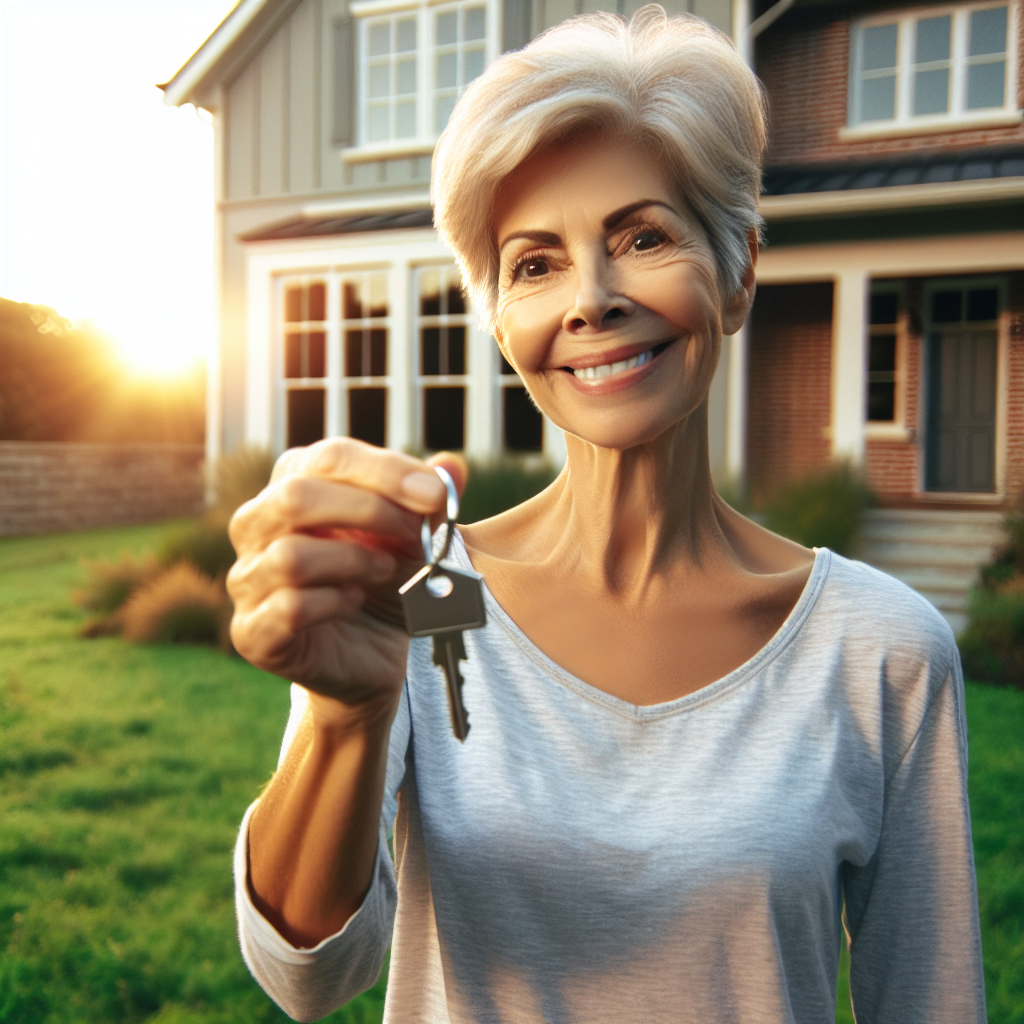When a 61-Year-Old Woman Becomes Your Home’s New Owner
In the ever-evolving landscape of real estate, the profile of homebuyers is continuously changing. One emerging trend is the increasing number of older women purchasing homes. This demographic shift is reshaping the housing market and bringing unique dynamics to neighborhoods. This article explores the implications and benefits of having a 61-year-old woman as your home’s new owner.
The Rise of Older Female Homebuyers
According to the National Association of Realtors, single women are the second-largest group of homebuyers, following married couples. This trend is particularly pronounced among older women, many of whom are purchasing homes for the first time or downsizing after retirement. Several factors contribute to this phenomenon:
- Financial Independence: More women are achieving financial independence, allowing them to invest in real estate.
- Longevity: Women generally have a longer life expectancy, prompting them to secure stable housing for their later years.
- Divorce and Widowhood: Life changes such as divorce or the loss of a spouse often lead women to seek new living arrangements.
Impact on the Housing Market
The influx of older female buyers is influencing the housing market in several ways. These women often prioritize different features in a home compared to younger buyers or families. For instance, they may seek properties with:
- Accessibility Features: Homes with single-story layouts, ramps, or grab bars are more appealing.
- Low Maintenance: Properties that require minimal upkeep are preferred.
- Community Amenities: Proximity to healthcare facilities, social clubs, and public transportation is often a priority.
This shift in demand is encouraging developers and real estate agents to adapt their offerings to cater to this growing demographic.
Case Studies: Successful Transitions
Consider the case of Mary Thompson, a 61-year-old widow who recently purchased a home in a suburban neighborhood. Mary was drawn to the area because of its vibrant community and proximity to her grandchildren. Her presence has brought a new sense of community to the neighborhood, as she actively participates in local events and volunteer activities.
Another example is Susan Lee, who downsized from a large family home to a cozy condo in the city. Susan’s move was motivated by her desire for a more manageable living space and access to cultural amenities. Her decision has inspired other older residents to consider similar transitions, fostering a supportive network of like-minded individuals.
Challenges and Considerations
While the trend of older women buying homes is largely positive, it does come with challenges. Some older buyers may face difficulties in securing mortgages due to age-related biases or limited income. Additionally, the emotional aspect of leaving a long-time family home can be daunting.
To address these challenges, financial advisors and real estate professionals are increasingly offering tailored services to assist older buyers in navigating the complexities of home purchasing.
Conclusion: Embracing Change
The growing presence of 61-year-old women as homeowners is a testament to their resilience and adaptability. This demographic shift is not only reshaping the housing market but also enriching communities with diverse perspectives and experiences. As more older women take the leap into homeownership, they bring with them a wealth of wisdom and a spirit of independence that benefits everyone around them.
In conclusion, when a 61-year-old woman becomes your home’s new owner, it signifies more than just a change in property title. It represents a broader societal shift towards inclusivity and empowerment, offering valuable lessons in community building and adaptability.



